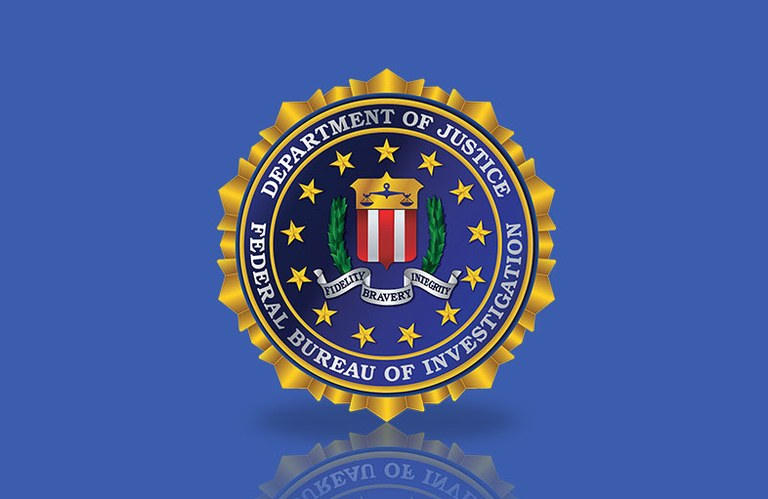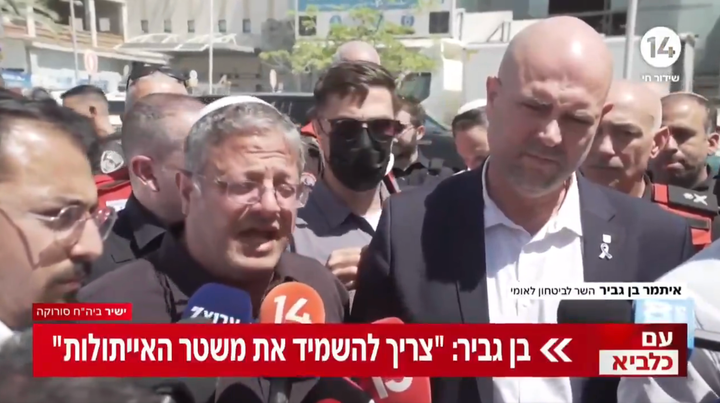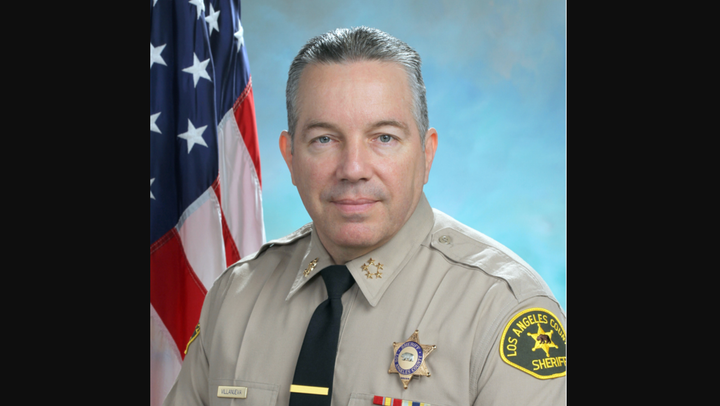Coalition Urges Appeals Court To End Secrecy Around FBI Raid Against Florida-Based Journalist

The following article was made possible by paid subscribers of The Dissenter. Become a subscriber and support independent journalism today.
A coalition of civil liberties and press freedom organizations in the United States demanded that a federal appeals court force the U.S. Justice Department to be transparent about why an FBI raid was authorized against Florida-based journalist Timothy Burke.
The organizations also urged the appeals court to instruct the government to return Burke’s property because the FBI still has media equipment and files that they seized from Burke.
On May 8, 2023, as recounted by the Freedom of the Press Foundation’s U.S. Press Freedom Tracker, Burke “awoke to the sound of FBI agents banging on the door of his Tampa home with a search warrant. By the time the raid ended approximately 10 hours later, agents had seized virtually all of the electronics in his newsroom.”
The search warrant that was unsealed a few weeks later indicated that prosecutors were investigating alleged violations of the Computer Fraud and Abuse Act (CFAA) and the Wiretap Act, and the Tampa Bay Times reported that the FBI raid stemmed from accusations from Fox News that Burke had “hacked” into video livestreams.
Particularly, the media corporation was apparently bothered by Burke’s reporting on an interview between Tucker Carlson and rapper Kanye West that included “unaired antisemitic and racist comments” from West.
Burke has yet to be charged with a crime, and he previously asked the Eleventh Circuit Court of Appeals to help him defend his rights.
A district court in Tampa sided with the government and refused to release the probable cause affidavit that justified the search of Burke’s home and seizure of his property. So it is impossible to know for certain how prosecutors may have abused their authority.
The organizations that asked the appeals court to unseal the basis for the raid against Burke are the American Civil Liberties Union (ACLU), First Amendment Foundation, Foundation for Individual Rights and Expression (FIRE), Freedom of the Press Foundation (FPF), National Press Club, and National Press Club Journalism Institute [PDF]. (The Reporters Committee for Freedom of the Press (RCFP) filed a similar request separately.)
“Burke claims the livestreams were unencrypted, publicly accessible feeds,” according to the coalition. “Anyone who typed the URL for these feeds into a web browser would be able to see them. Although the URLs were not published in any search engine, Burke was able to see a list of them on a webpage created by a company that provides video streaming services to broadcasters.”
Caitlin Vogus, advocacy deputy director for FPF, stated, “Uncovering newsworthy information on the internet and publishing it is newsgathering 101, since so much information is stored online today.”
For example, in 2021, journalist Mara Hvistendahl “obtained a series of slide decks describing how Oracle markets its products for use in Chinese surveillance.” This was done by “running a Google search for relevant Chinese characters, which returned links to the slide decks on Oracle’s website, even though Oracle seemed to be unaware that the documents were accessible.”
“What the public knows about this investigation raises reasonable—and, for those engaged in newsgathering, critical—questions about whether the government deems use of a computer to collect publicly available information to be a CFAA violation if the person who posted the information does not want it to be accessed,” the coalition argued.
Prosecutors also alarmingly maintain that Burke was not working as a journalist when the FBI raided his home newsroom [PDF].
“Although Burke at one time may have been a professional journalist, the United States has been unable to find any evidence that Burke has regularly published under his own byline after January 1, 2021, as a salaried employee of, or independent contractor for, any newspaper, news journal, news agency, press association, wire service, radio or television station, network, or news magazine,” Assistant U.S. Attorney Jay G. Trezevant contended in an August 9 filing.
Trezevant insisted that Burke has marketed himself as media and political communications consultant, broadcast monitor, archival technologist, and “viral content visionary.”
In case that argument was rejected, Trezevant attached a disclaimer. “Regardless of how Burke categorizes his work (as a ‘journalist’ or a ‘consultant’), Burke is not immune from investigation and prosecution if, as part of that work, he ‘finds things’ through criminal acts.”
The coalition asserts that the Privacy Protection Act (PPA) of 1980, the Justice Department’s “News Media Policy,” and the First Amendment should guide the appeals court in determining whether the raid against Burke was permissible. But U.S. prosecutors claim the policy for news media carries no “substantive or procedural right or benefit.”

As the coalition understands, Attorney General Merrick Garland adopted the “News Media Policy” after U.S. media organizations were outraged to learn that President Donald Trump’s administration had seized records in 2021 from journalists at the Washington Post, CNN, and the New York Times. The policy was supposed to reassure journalists that “newsgathering records” would be “protected from seizure by the First Amendment” as well as the Fourth Amendment, particularly during criminal investigations.
On October 4, more than 50 organizations led by the Freedom of the Press Foundation sent a letter [PDF] to Attorney General Merrick Garland requesting that the Justice Department disclose the basis for the belief that Burke had allegedly committed a crime, especially given the “First Amendment’s press freedom clause.”
The letter additionally asked Garland to reveal: whether prosecutors had “made a determination” about whether Burke was a member of the news media; what steps had been taken to ensure that “journalistic work product unrelated to the investigation” was returned; and the Justice Department’s “reasons for not using investigative tools short of a search warrant so that Burke could have the opportunity to object to seizure of newsgathering materials.”
Garland and the Justice Department ignored the letter, leaving the appeals court as one of the only remaining avenues for obtaining answers about the FBI raid against Burke and challenging the abusive actions of prosecutors.




Comments ()